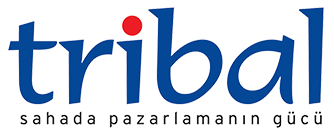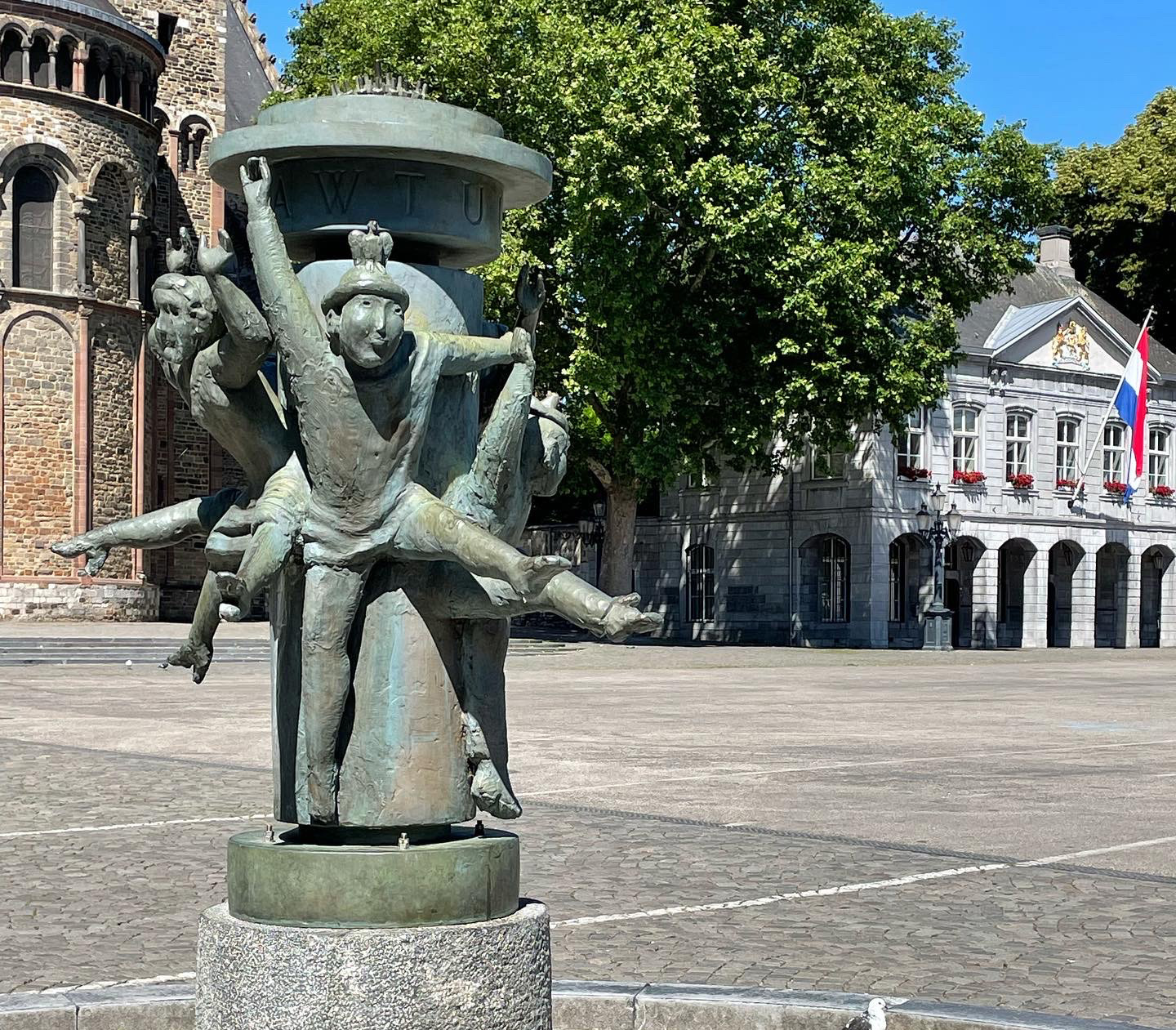Those who had the chance to play on the streets during their childhood will remember “Stop,” a game full of running and laughter, with small tricks to win and make others lose. Players gather, and one person starts the game. While throwing the ball into the air, this person calls out the name of one of the other players. If the named player catches the ball before it hits the ground, they call out another name and the game continues. If they fail to catch it, they must retrieve the ball and shout “stop.” When “stop” is called, all players must freeze in their positions. If the player with the ball hits one of the stationary players with, that player is out. If they miss, they throw the ball up again, calling out another name. The game continues until only one person is left, who is the winner.
Whenever I think about today’s corporate routines, thematic and schematic tasks, and long meetings, this game comes to my mind. The tasks communicated to the relevant department are like the ball being thrown into the air. When a crisis arises, or in other words, when the ball drops, everyone freezes. There’s no escape. That ball will hit someone, meaning someone will be out. Then the game continues. Some work follow-up processes and corporate communication codes progress exactly in the rhythm of “Stop.” Sometimes, it becomes confusing whether we are working or playing “Stop.” In the end, we are left with a massive inefficiency. Why does an institution get stuck in an inefficient management model?
According to Doğan Cüceloğlu, the difference between what a person thinks and feels internally and what they reflect and express externally creates a source of stress in their life, which he calls “existential stress“. When a person cannot reflect their internal thoughts and feelings in their behavior, they wear a social mask in society. Their inner self is pushed back. Such a person experiences a lot of stress in their life. Even if the person consciously ignores this stress after a while, the body still experiences it. Imagine such a person in a position of authority in corporate life. We can picture someone who exhausts their colleagues with their attitude and officious demands, right? The more negative or fear-inducing the effect they create around them, the more value they attribute to themselves. They are the challenging manager. Often, they have opinions without knowledge. Like the ruthless child in “Stop,” any means is acceptable to stay in the game. When we add lack of knowledge to a person with high existential stress, the wheels of inefficiency start turning. Inefficient work models led by unqualified managers return people to their natural state.
Let’s remember the Stanford Prison Experiment conducted by Professor Philip G. Zimbardo in 1971. This social psychology experiment examined how human behavior is influenced by social roles and environments. From the applicants, 24 male students with good mental and physical health were selected. Through random selection, half were given the role of prisoners, and the other half were assigned as guards. The experiment, planned to last one to two weeks, was terminated on the sixth day. The reason was the pathological behavior exhibited by subjects from both groups. This experiment, heavily criticized in the psychology world, dramatically demonstrated how people can change under social roles and power dynamics. The experiment, which sparked significant debates on ethics, power, and authority, was terminated by Professor Zimbardo. He stated, “We saw how even ordinary people can do terrible things“.
The more true a person is to their core, the more freely they can face and accept what they feel and reflect it outwardly. They are known by positive words like genuine, self-confident, and authentic. The people who take the most initiative to get things done in organizations and stand by their words are those who can minimize the difference between their internal and external worlds. These people are respected, and their words are listened to wholeheartedly. In his book “Emotional Intelligence at Work,” Daniel Goleman mentions one of the leadership competencies as “…they guide their actions by holding others accountable for what they do…” These managers can resolve weeks of inefficient meetings, contentious correspondences, and everything with small touches. They are the superheroes of organizations. They do not build walls of fear but communicate and unite.
Creating value in one’s workplace begins with respecting oneself and one’s labor. There is no need to wait for superheroes to escape situations buried in inefficiency and existential stress. Regardless of experience or position, anyone can make a difference and contribute to the corporate culture. As Daniel Goleman said, “Conscience is the quiet virtue.”


